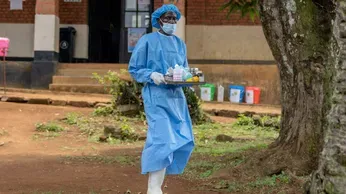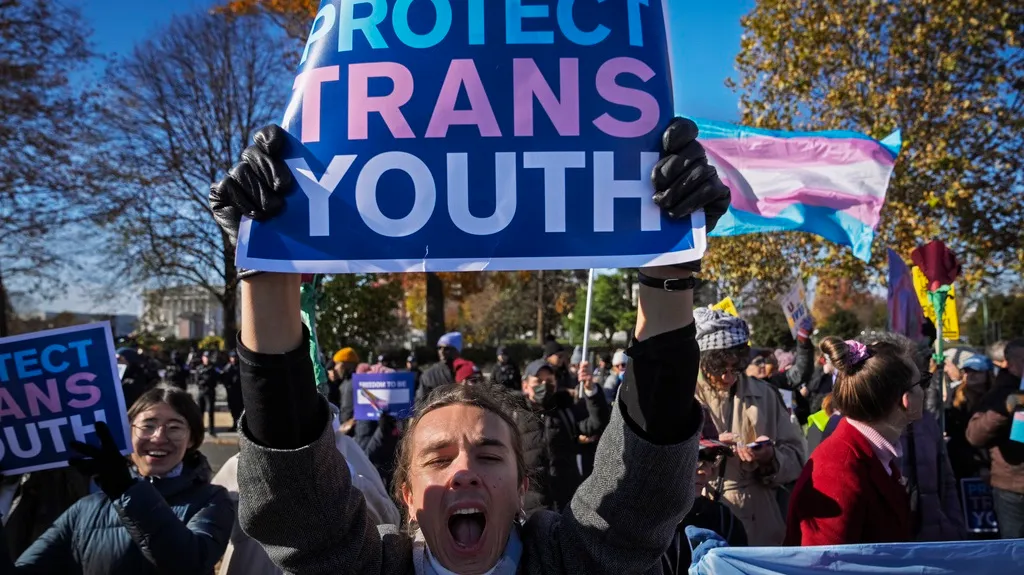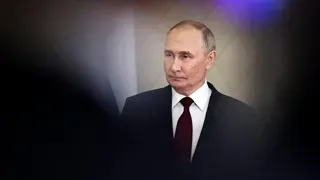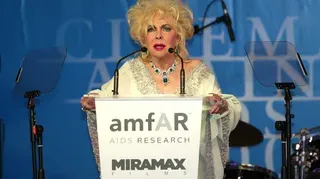
September 7, 2024
WHO and Africa CDC Launch a Response Plan to the Mpox Outbreak
Monika Pronczuk READ TIME: 2 MIN.
The Africa Center for Disease Control and Prevention and the World Health Organization launched on Friday a continent-wide response plan to the outbreak of mpox, three weeks after WHO declared outbreaks in 12 African countries a global emergency.
The estimated budget for the six-month plan is almost $600 million, with 55% allocated to the response to mpox in 14 affected nations and boosting readiness in 15 others, Africa CDC director-general Dr. Jean Kaseya told reporters on Friday. The other 45% is directed towards operational and technical support through partners. The organization didn't give an indication of who would be funding it.
The plan focuses on surveillance, laboratory testing and community engagement, Kaseya said, underscoring the fact that vaccines aren't enough to fight the spreading outbreak.
The organization said that since the start of 2024, there have been 5,549 confirmed mpox cases across the continent, with 643 associated deaths, representing a sharp escalation in both infections and fatalities compared to previous years. The cases in Congo constituted 91% of the total number. Most mpox infections in Congo and Burundi, the second most affected country, are in children under age 15.
The plan comes a day after the first batch of mpox vaccines arrived in the capital of Congo, the center of the outbreak. The 100,000 doses of the JYNNEOS vaccine, manufactured by the Danish company Bavarian Nordic, have been donated by the European Union through HERA, the bloc's agency for health emergencies. Another 100,000 are expected to be delivered on Saturday, Congolese authorities said.
"These vaccines are vital in safeguarding our health workers and vulnerable populations, and in curbing the spread of mpox," Kaseya said Thursday.
The 200,000 doses are just a fraction of the 3 million that doses authorities have said are needed to end the mpox outbreaks in Congo, the epicenter of the global health emergency. The European Union countries pledged to donate more than 500,000 others, but the timeline for their delivery remained unclear.
Emmanuel Lampaert, a representative of Doctors Without Borders in Congo, said that vaccination was an additional tool. Basic health measures were still crucial to combat the outbreak, and there were challenges with that in many parts of Congo.
Congo issued an emergency approval of the vaccine, which has already been used in Europe and the United States in adults, but it remained unclear on Friday when the vaccination campaign would begin. For the moment, the rollout would be reserved for adults, Kaseya said, with priority targeted groups being those who have been in close contact with infected people and sex workers.
The European Medicines Agency is examining additional data to be able to administer it to children ranging in age from 12 to 17, which could happen at the end of the month, HERA Director-General Laurent Muschel said.
"We don't have all the answers," Muschel told reporters on Friday. "We learn by doing. We are going to adapt the strategy depending on the impact of the vaccination campaign."







